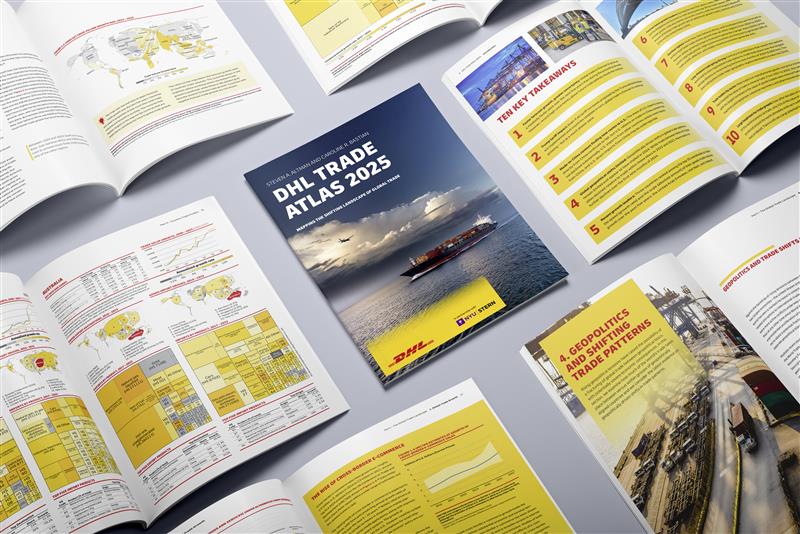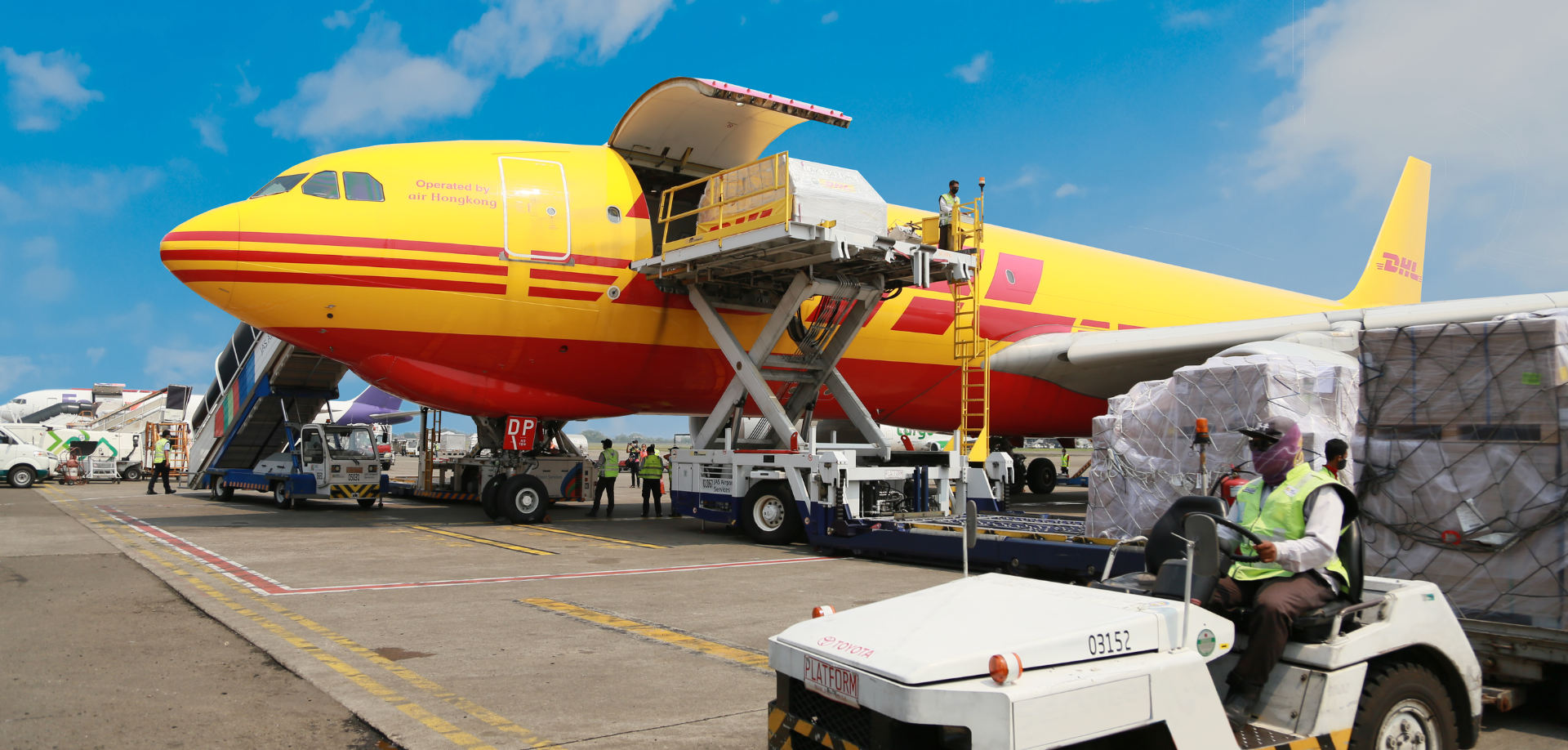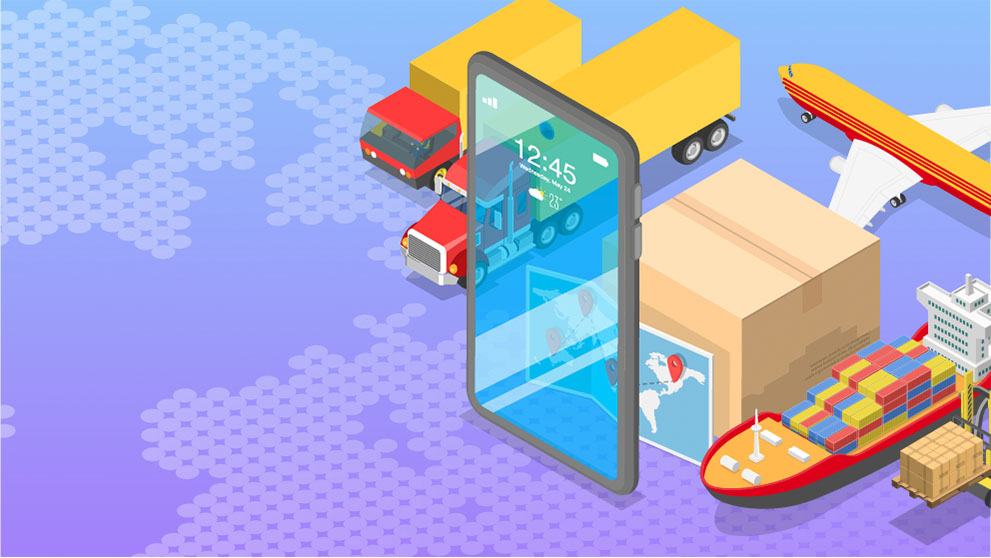Embarking on digital transformation projects has driven greater efficiencies and higher productivity for DHL Express. CEO Ken Lee and CIO Jimmy Yeoh from DHL Express Asia Pacific share more.
Red warning lights pop up simultaneously on the dashboard of the Advanced Quality Control Center (AQCC) system at DHL Express’ operations centers across the network, but the atmosphere at each facility remains calm.
The data analytics prowess of the Artificial Intelligence-powered AQCC system — designed to monitor shipment movements and flag issues in real time — is in full control.
Locations of the shipments stalled in transit, also known as exceptions, are quickly identified and its projected routes mapped. The team’s analysts then hunker down to implement corrective actions to ensure these shipments can still arrive at their destinations on time.
The seemingly effortless task was once a laborious responsibility for logistics providers like DHL Express, but digitalization is slowly turning things around.
Logistics has long been known as a traditional industry associated with manual labor and repetitive tasks. Often held back by legacy processes and dated IT systems, logistics companies are increasingly aware of the need to harness technology to stay competitive in a fast-moving industry.
Deutsche Post DHL Group (DPDHL Group) — in line with its Strategy 2025 goal of delivering excellence in a digital world — is investing over €2 billion on digital transformation projects from 2021 to 2025 to improve the experience of customers and employees, while also increasing operational excellence.
In its 3,200 facilities across more than 220 countries and territories worldwide, DHL Express relies on best-in-class technology solutions to deliver close to 500 million shipments a year (according to 2020 figures).
“By constantly listening to our customers’ needs, we have implemented technological innovations that are relevant and sensible for our customers, employees and operations,” said Ken Lee, CEO, DHL Express Asia Pacific.
“We’ve introduced solutions to streamline vital processes, automate time-consuming repetitive tasks, and helped our teams become more productive. These include autonomous guided vehicles to enhance our operations, chatbots to complement customer service operations, and shipment sensors with track-and-trace capabilities,” he shared.
The Covid-19 pandemic has further proven how essential the company’s digital transformation efforts and investments are to addressing the surge in cross-border e-commerce demand and driving greater efficiency and productivity.
“Before the pandemic, we were cognizant that digital transformation was an imperative to maintain and elevate our service levels as a logistics provider. The pandemic accelerated our plans to allow our work force to collaborate and work virtually from any location. We also fast-tracked our adoption and rollout of technologies, such as live chat and digital assistants, which were crucial in helping us cope with an unprecedented demand surge worldwide,” explained Jimmy Yeoh, Chief Information Officer, DHL Express Asia Pacific.
To better understand the impact of digitalization on DHL Express, here's a closer look at the notable digital transformation projects undertaken in recent years:






